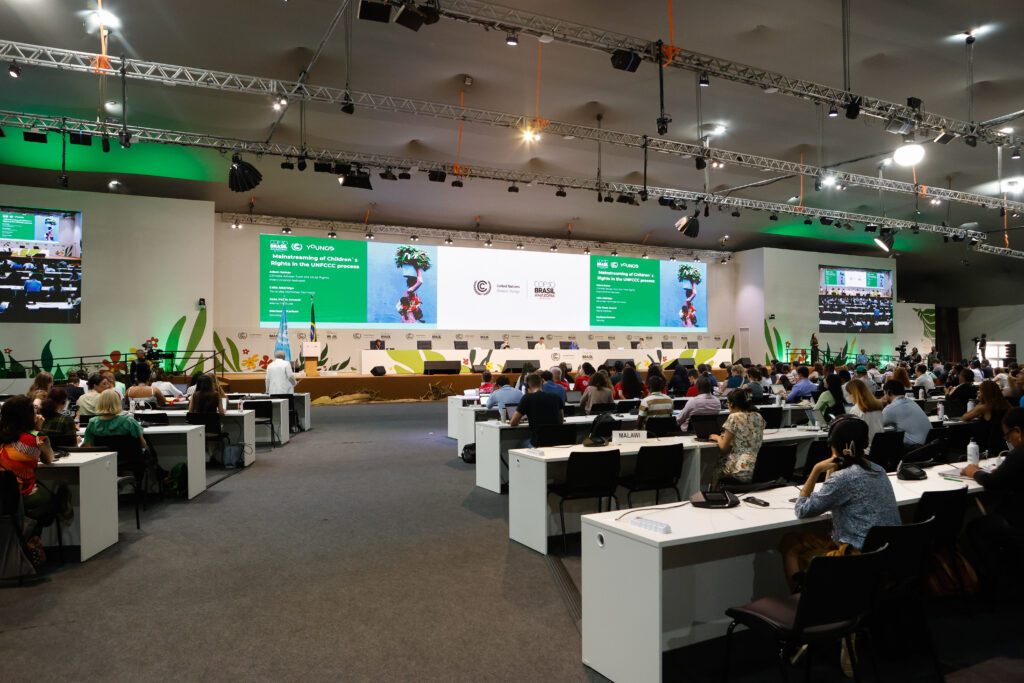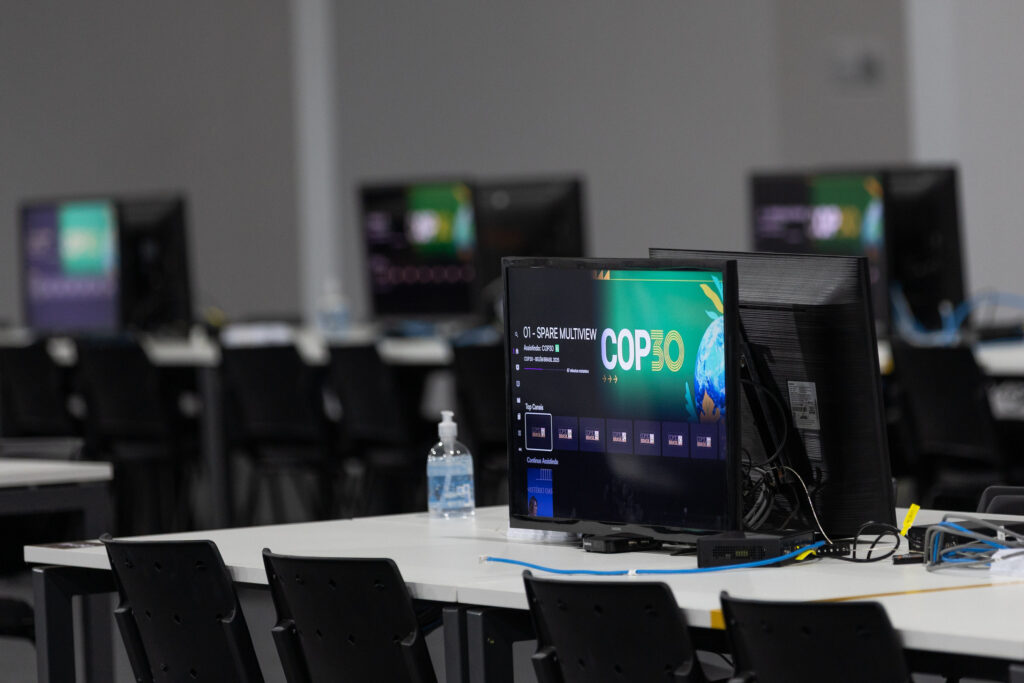Dar es Salaam. As COP30 enters its decisive phase in Belém, the Pan African Climate Justice Alliance (PACJA) warns that the negotiations on the Global Goal on Adaptation (GGA) risk deepening the already devastating loss and damage experienced across Africa.
The alliance notes with alarm that little progress has been made on securing the means of implementation for adaptation, even as extreme climate impacts continue to destroy livelihoods, erode public infrastructure, and fuel humanitarian crises.
“Africans came to Belém with one hope – to secure climate finance for implementing adaptation programmes,” PACJA said, adding that without these resources, the continent is being pushed closer to irreversible losses.
PACJA argues that the current state of negotiations paints a troubling picture of deliberate attempts by developed countries to shift responsibilities onto countries least responsible for the climate crisis.
The alliance says this undermines the Paris Agreement’s core principle of Common but Differentiated Responsibilities and Respective Capabilities.
According to the statement, negotiators are witnessing “machinations to rewrite the Paris Agreement by shifting obligations for the implementation of the adaptation agenda to those with the least capability to finance adaptation.
” Such actions, PACJA notes, threaten to trap African nations already heavily indebted into financing their own recovery from climate-induced disasters that they did not cause.
The organisation sharply criticises proposed indicators under the GGA that appear to place the burden of adaptation financing on developing countries.
Indicators such as “the proportion of government budget allocated to climate adaptation and resilience” and “annual adaptation finance expenditure” are, in PACJA’s view, a covert attempt to reframe responsibility, effectively demanding that Africa finance its own adaptation despite being on the frontline of climate-induced loss and damage.

“Financing adaptation cannot be optional; it is not charity,” the alliance insists, arguing that discussing indicators without concrete means of implementation is meaningless at a time when African communities are losing land, fisheries, homes and cultural heritage to climate extremes.
With negotiations moving into the final week, PACJA expresses deep concern that no indicators on finance have yet been tabled. The list on means of implementation remains incomplete, leaving parties “with no basis for negotiation on the most crucial ingredient for delivering the GGA.”
The alliance emphasises that ambition in adaptation cannot be separated from ambition in support, noting the absurdity of attempting to measure results for actions that have not been funded. Many of the indicators presented, it adds, focus on surface-level outputs rather than transformative adaptation outcomes capable of reducing real and escalating loss and damage.
PACJA calls on the COP30 Presidency to exercise firm leadership to ensure that GGA indicators are accompanied by adequate and predictable means of implementation. It stresses that climate finance is the backbone of adaptation and that ongoing “grandstanding” by developed countries must be confronted. The alliance also urges deeper reflection on the policy implications of the indicators being proposed, warning that any subtle shifts in responsibility or expectations could have long-term consequences for Africa’s ability to respond to climate shocks.
The statement highlights four urgent priorities: ensuring that the GGA framework includes strong and measurable indicators on Means of Implementation aligned with Article 9.1 of the Paris Agreement; integrating global finance, debt, taxation and trade reforms into adaptation discussions to widen fiscal space for vulnerable states; deferring the adoption of GGA indicators to allow further refinement; and safeguarding Africa from policy shifts hidden within the current indicator proposals.
Above all, PACJA insists that COP30 must uphold the integrity of parties’ commitments and avoid drifting towards reliance on private finance, which it describes as insufficient and unreliable for meeting Africa’s adaptation needs.
“We urge parties at COP30 to pay more attention to the amount of international public finance provided by developed countries to developing countries to implement the GGA,” the alliance stresses, adding that public finance remains the only equitable pathway to reducing the escalating loss and damage unfolding across the continent.


